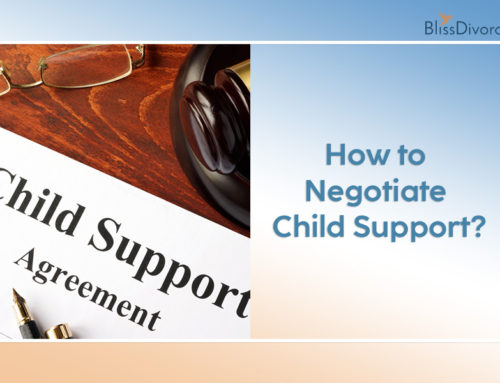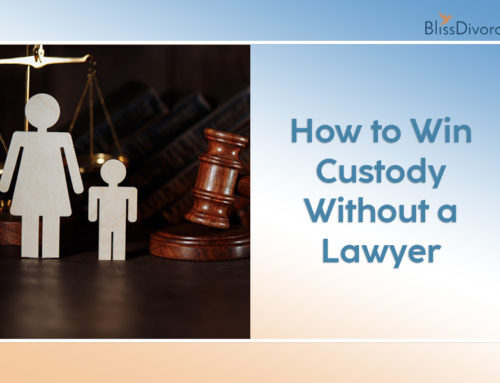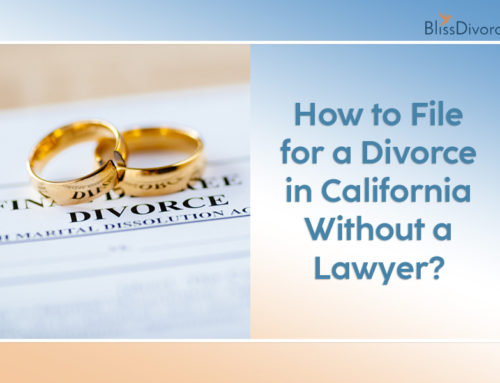It is daunting to explain the concept of divorce to a child who may not yet fully understand the idea of marriage, let alone divorce. Here are a few things you can do to make learning about divorce –and going through this transition– easier on your child.
Present a united front.
It may be tempting to beat your spouse to the punch and tell your side of the story first, but this can make things harder for a child. While it is never easy for children to learn that their parents can’t get along well enough to stay married, it is reassuring for them to know that they can at least get along when it comes to being co-parents.
Be kind to your co-parent.
Children want their parents to love them. When parents are unkind to the other parent to or in front of a child, it encourages the child to do the same so that they can ensure the love of the criticizing parent. Moreover, the child understands that they have parts of themselves that they get from each of their parents. Criticizing your spouse may make the child wonder if there are parts of them you don’t love. Instead, make a conscious effort to compliment their other parent.
Reassure your child that your love for them will not change.
From their perspective, you and your spouse once loved each other and then stopped. The idea that this can happen is new, and they may wonder if one or both of their parents might stop loving them, too. It’s important to tell children, early and often, that you will never stop loving them. It can be helpful to say to them that the love a parent feels for a child is special.

Source: shutterstock.com / Photo Contributor: fizkes
Reinforce the message with age-appropriate books.
One approach is to buy books for your child that help to explain the idea of divorce in a way they can understand.
Educators and family therapists recommend the following titles:
*This article is for informational purposes only and is not intended to provide legal advice. If you require legal advice, please contact a licensed attorney in your local area.




